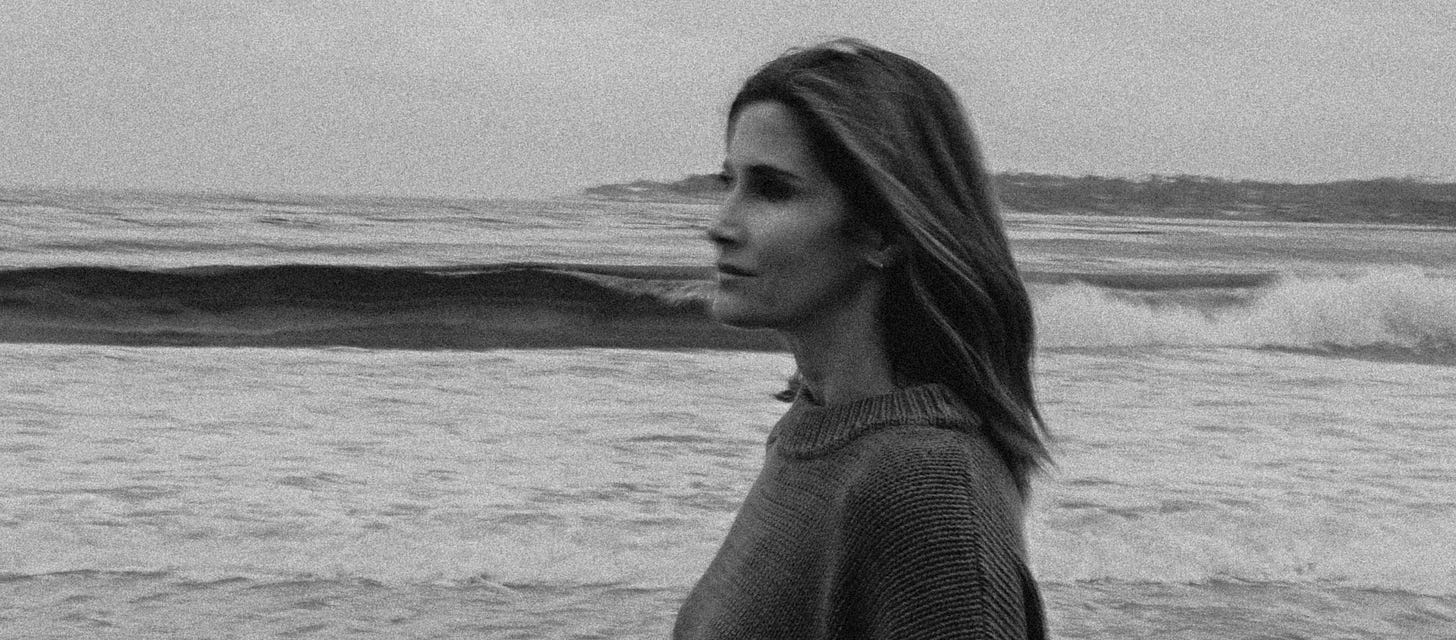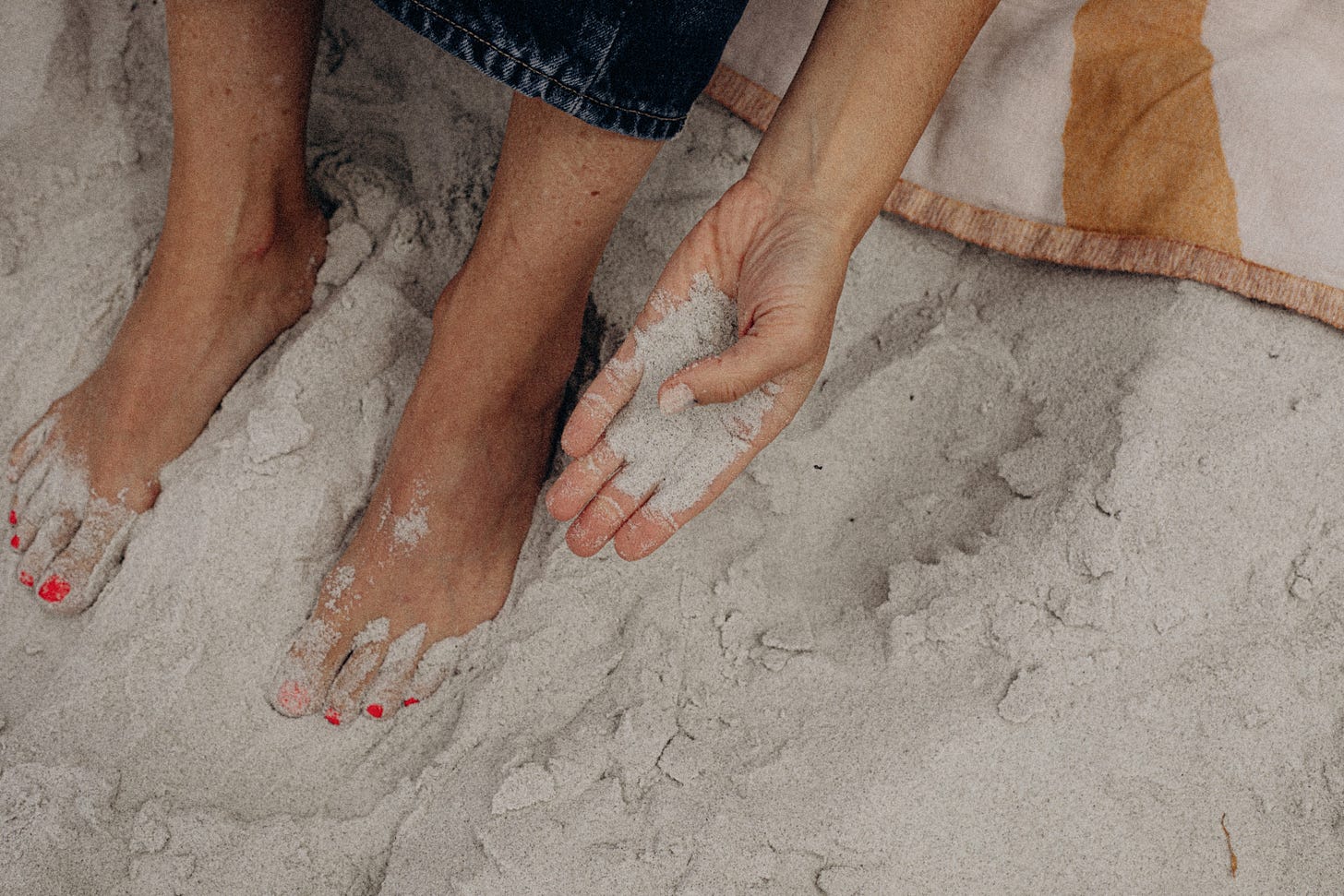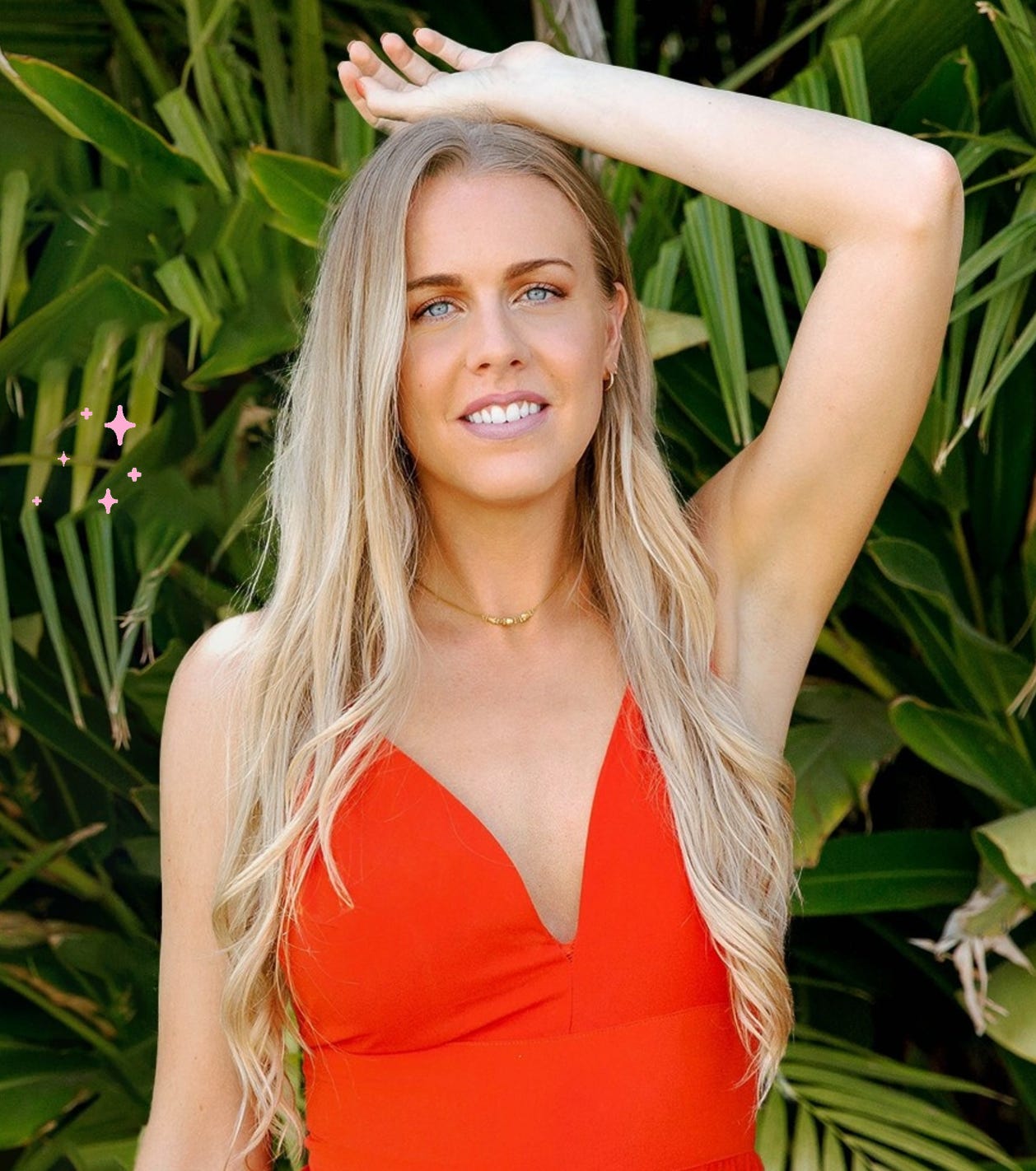I'm so excited to have my friend, Alissa Boyer, on today- who is a mentor and coach for highly sensitive people.
Alissa is a personal friend who's helped me on my journey as a highly sensitive, ADHD mom, and I can't wait to dive into:
Finding your self-worth in your sensitivity
And helping you get to the root of living your best life.
High sensitivity is a common characteristic of ADHD and neurodivergence. While that neurowiring can be a challenge, I feel it's so easy for us to fall into that victim mentality around life being hard and things being harder for me.
We are so aligned with how we empower people to see this high sensitivity as a gift. That it's a strength and an advantage.
How do you support people who are like, I'm highly sensitive, life is hard, everything's more difficult, help me out?
Yeah, it's so important to speak to that victimhood mindset versus the empowerment mindset, because to me it's the through line in the work that I do and with the work you do as well.
It's that radical self acceptance piece.
At the end of the day, this is how we were created.
We have this wiring.
We have this trait about us.
Now, how are we going to work with it?
My approach is radically accepting ourselves.
I don't think any of us were designed for our life to just suck and be perpetually hard and unfair.
I have always felt very driven to enjoy my life, to feel fulfilled and inspired and to live to the fullest. And so that's my approach with people when they come to me:
Yes, let's validate the ways in which being sensitive is hard.
But now how can we look at the ways that we can leverage this? What makes your difference your superpower?
Viewing your sensitivity as a superpower
We already know what staying in the “this is so hard for me” gets us.
It gets us feeling anxious.
Like, it's us against the world.
Like things are harder and this is unfair.
And we know that song and dance, doesn't feel good.
Our relationships aren't working.
We're overthinking.
So if we want to choose differently, if we want to have a life that feels better and happier and more peaceful, then part of that is learning to look at how we can approach this through empowerment.
Flipping the Challenges of Being Highly Sensitive into Strengths
Beginning to open your mind to “How can I work with the challenging parts of this trait so that I'm able to then leverage it as a superpower.” is key.
When I think about the challenges of being highly sensitive, it is the fact that:
We get overstimulated and overwhelmed more easily.
Okay, then we need to learn how to regulate our nervous system.
That's a must, that just has to be part of our toolkit.
And I think about the way we care so deeply- that is a strength and it's a kryptonite.
So being able to recognize, when am I caring from a healthy place, a genuine abundant place versus when am I caring from a codependent, needy place.
It's starting to untangle these traits and intentionally shift to what's the opportunity here? How can I use this to my benefit?
Yeah. Even in the small moments, building this muscle of:
Which thought am I going to choose?
Turning the dial to, what's the better feeling thought?
That's something I've been doing lately.
When my mind goes to: this is hard and I'm bummed out. I keep shifting to find something that feels better in my body. And it starts to build that muscle of retraining the way we think about ourselves and our lives.
Alissa: Something I always ask myself is, what's the opportunity here? In every challenge, there's an opportunity. And when you have the awareness to even be open to that idea, it starts to feel more like a divine dance versus this is just another roadblock.
Oh, I'm getting rejected again.
Oh, this person is making my life harder.
You see the opportunity and you take ownership of the experience too, because you see, you have a role in how you experience things.
How are you going to show up for yourself?
Melissa: Exactly. You're not doing anything wrong. This is how life is for everybody.
I know we both love Human Design which really explains how we're all created in this unique way. We’re all designed to do things differently and bring different gifts and energies and ways of doing and being to the world. We all have that in common.
But sometimes it's easy to look at somebody else's hard, as easy, because it's different than our own.
We can have this misperception that, “it's not happening to other people.” But it's actually the way life is designed, and sometimes the hardest moments, I found, are the biggest opportunities, because it's like, how are you going to show up for yourself?
I struggled with anxiety for much of my life, and I have noticed the pathway that I'm used to going down is to avoid or flee from the situation if I feel too anxious.
Whether it's that podcast interview that makes you nervous
Or it's showing up at that event that you're scared to go to.
Or putting yourself out there in whatever way.
Going away from the anxiety and retreating is the old way. Moving towards the discomfort and building that capacity in my nervous system to be with something more challenging is how we build confidence because we're taking that action towards the thing, right?
“Confidence is a willingness to be uncomfortable.”
Alissa: Yes. One of my favorite quotes about confidence is from Susie Moore: “Confidence is a willingness to be uncomfortable.”
That's exactly it. And I think about my own journey, and how I faced the discomfort and I faced the insecurity and I kept showing up.
And when you do that you show yourself: “I'm the type of person who shows up even when it's hard. I'm the type of person who, even if this is super uncomfortable, I still do it.”
And that builds this confidence within you and that resilience in your nervous system where it's like: “Oh, I'm not going to die.” you know?
Because that's what comes up, that feeling of:
I'm going to die.
This is the worst thing ever.
It can feel so intense.
But there's no magic pill. You just have to do it.
Melissa: Right. Exactly. And it’s counterintuitive because your old way is familiar and feels safer. And I think that's the flip where we've got to mentally understand, that just because this feels unsafe doesn't mean it is.
Have you heard that Ryan Reynolds quote: “The people that are successful are the ones who are willing to be bad at something.”
I just remember thinking, that is so true.
Alissa: Without a doubt. Yes, and I think it's your willingness to show up and do hard things, even when no one's applauding you, or notices, that's where the resilience is built. It applies to every area of life.
Building the Lives We Want to Be Living
Melissa: It's this building process to create the lives we want to be living. And I know you talk about this a lot and I loved your most recent episode, on the Sensitive and Soulful Podcast about Manifesting, because I feel like that is it, right?
What does that version of me want to feel?
Whether it's calm and regulated in my life with my family and my kids.
Or it's that I want to create a book in the world.
Or a business.
Your dreams are there for a reason, but you have to step into being the person that attracts those dreams, right?
Alissa: Absolutely. And at the root of it is self-worth and self-acceptance. It's at the foundation of everything that I teach highly sensitive people.
Because when you know yourself and when you're so connected to yourself you can understand yourself better than anyone else.
Of course, it's helpful to have resources and different tips but getting to a place of:
I know who I am.
I trust who I am.
I accept who I am.
And I know that I can make the decisions that are best for me.
It’s just so much deeper.
When you unapologetically accept yourself. When you have high self-worth and you're like, even if I make a dumb comment and someone judges me for it, I still accept myself, I'm still worthy either way. It diminishes all of these issues because you're going to be okay no matter what.
What’s at the root?
Melissa: I feel like there's so many parallels in what you and I do because it's the same thing. It's like, what's at the root?
To change your life you need to get to the root and the root is your self-worth, your self-acceptance, and when everything is filtered through that- all those other things just kind of handle themselves, right?
Alissa: Yeah, that's exactly it. There's so much less mental drama and you can tune into yourself rather than needing a million opinions from everyone else because, at the end of the day, you know what's best for you.
And all those things like people pleasing and perfectionism, are resolved because all of that is based in this need to please others because you're searching outside of yourself for that acceptance and approval to validate yourself that you’re okay.
But when you're giving that to yourself, it’s just obsolete.
It all comes back to being safe to be ourselves.
And also knowing that those little voices are going to come up. Even when you have high self-worth, it's still a process because you're constantly up-leveling to that next version of you, right? That can hold more and more and more.
We can get this false sense of being overly confident about it, where we ”don't need this anymore.”
And then slowly, but surely it starts to creep in where you're like, wait, why is that happening again? Why is that old pattern coming up?
It's like with each new level of evolution, there's going to be new challenges, that come up. So I think it's that alignment piece and sticking to those practices that work for you.
Melissa: And those little things go a long way for our nervous systems.
Plus shifting the mindset around:
It’s okay to be different.
And accepting that we may need to do certain things in our day that maybe other people don't understand.
But it makes you feel regulated and grounded.
And then the energy you bring changes and the whole experience gets to be different.
And that’s why that acceptance piece is so key.
Being Highly-Sensitive Keeps You at the Forefront of Self-Care
Alissa: I find that people who are more sensitively wired, we're kind of at the forefront of what others should do because we feel things more intensely. So it's more acute for us. It's more obvious for us. But at the end of the day, these are things that everyone should know how to do.
As cheesy as it sounds, it’s like being a leader in self-care because it’s important and essential for us for longevity and enjoying our lives, and being able to just like feel good and be present.
Melissa: Absolutely. In the end, the high sensitivity is really an advantage because we almost don't have a choice. Whereas others might be able to override it, for us, we can't.
And so, it forces us to be on the cutting edge of what would benefit all people, because, for our systems, it's a must.






















